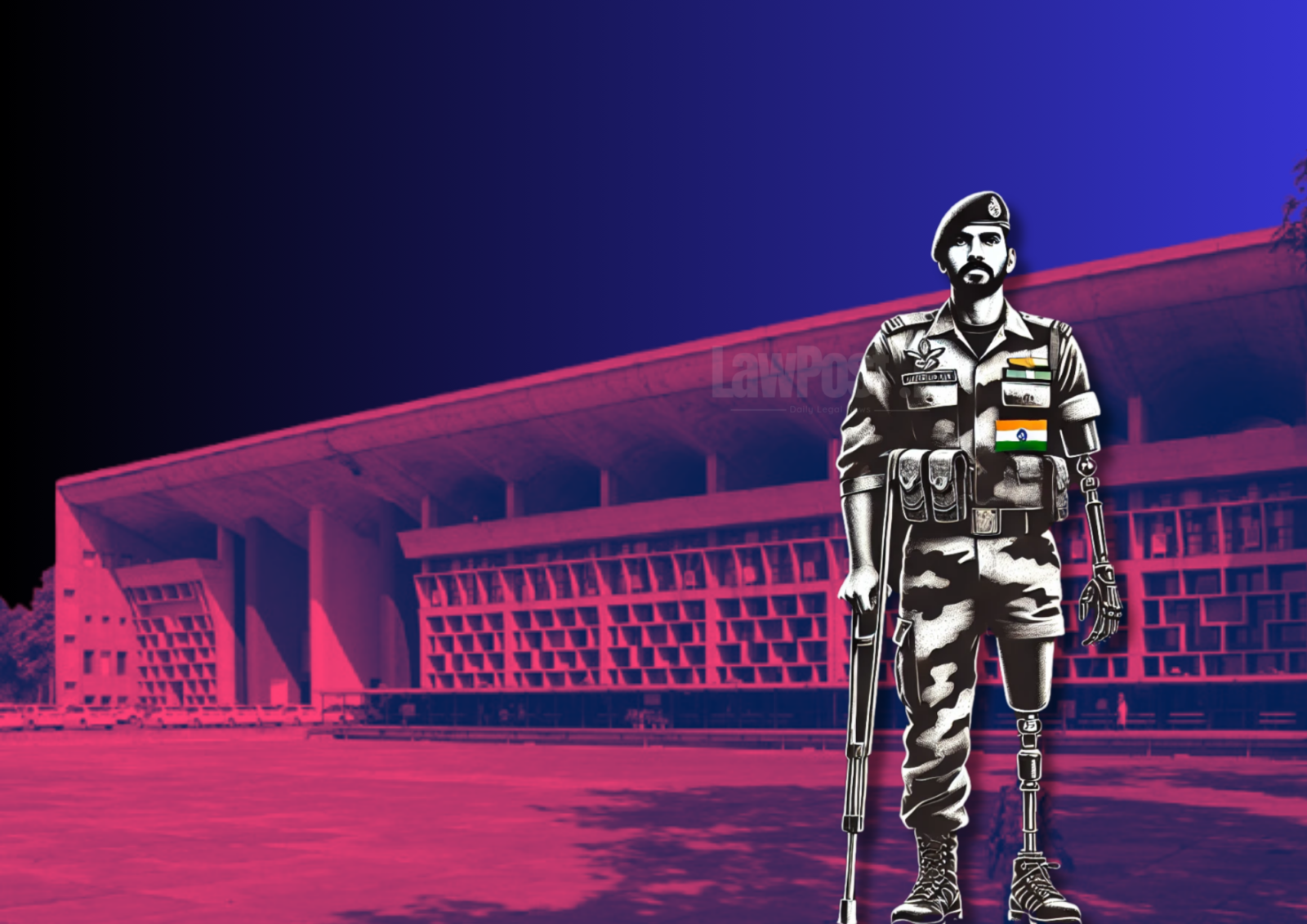In a significant ruling, the Punjab & Haryana High Court has emphasized that the benefit of doubt must be extended to a disabled soldier when it comes to the grant of a disability pension. The Court was dealing with the case of Krishna Nandan Mishra, a former member of the Defence Security Corps (DSC), who served for over a decade before being discharged in 2007 due to a medical condition.
The Court reaffirmed that a soldier is presumed to be in sound physical and mental health at the time of military enlistment, unless otherwise documented. The Bench, comprising Justice Sureshwar Thakur and Justice Sudeepi Sharma, noted that any deterioration in health occurring after enlistment should be presumed to have been caused or aggravated by military service.
The ruling came after Mishra, who was diagnosed with the condition “CAD IWMI-SVD 1-24” and assessed with a 30% disability by a Release Medical Board, had his claim for a disability pension rejected. Despite the medical assessment, the Board concluded that his condition was neither attributable to nor aggravated by his military service. This decision was upheld by the Armed Forces Tribunal (AFT), which dismissed his application for a pension in 2014.
The Court found that the medical assessments conducted by the Release Medical Board and the AFT were superficial and lacked a thorough investigation into the origin, progression, or possible aggravation of Mishra’s condition. The judgment pointed out that the process violated the guidelines outlined in the “Guide to Medical (Military Pension), 2002” and the “Entitlement Rules for Casualty Pensionary Awards, 1982.”
Echoing the Supreme Court’s decision in Dharamvir Singh Vs Union of India, the High Court held that soldiers are presumed to be in sound health when they join the military, and any subsequent health deterioration must be attributed to their service unless disproven by strong evidence. The Court further emphasized that even conditions arising in peace-time postings could be linked to military service if no express exclusion was made in the regulations.
In light of these findings, the High Court quashed the AFT’s ruling and instructed the Union of India to process Mishra’s disability pension within three months. Additionally, the Court ordered the inclusion of rounding-off benefits as per the Supreme Court’s decision in Union of India v. Ram Avtar.
Case: Krishna Nandan Mishra Vs Union of India and Others – Available on LAWFYI.IO





